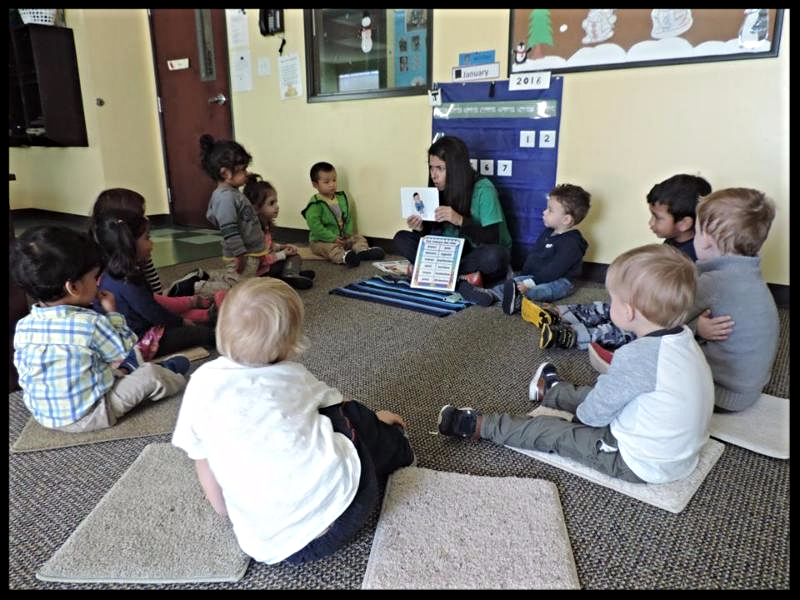
There’s an old saying that a parent is only as happy as her most unhappy child. When your child is anxious about school, you can’t help but be worried and anxious yourself. There are no real scientific studies on how common school anxiety is among kids, but many educators and researchers believe that it is on the rise.
The reasons are clear. Change is always stressful, whether your child is just starting school, entering a new school, or returning after a long summer break. So is navigating a fresh set of classroom rules, the complexity of a new social circle, and the onslaught of academic tasks that are designed to challenge. Kids can’t help but feel affected by pressures to not only succeed but also to excel.
It’s an unhappy fact that you can’t eliminate stress from your child’s life. What you can do is teach them how to manage it effectively. Check out these three ways to help ease your child’s school anxiety as well as your own.
Empathic Listening
While some children may be able to pinpoint a particular stressor—such as trouble with math, a best friend, or a bully—many will struggle to articulate the root cause of their generalized school anxiety. Encourage them to talk, but be sure to listen carefully and not jump to conclusions. The ability to hear not just what your children say but also what they are trying to say is a valuable communication skill.
Practice Makes Perfect
Many school anxieties arise from fear of the unknown. Whether it’s a new school or just a new school year, your child may also be anxious to be separated from you. You can help her ease both those fears in several ways:
- Arrange a tour of the new school or the new classroom in the weeks before opening day so your child learns the new layout when the place is quiet and less frenetic
- Arrange to meet the teacher ahead of time so your child can stop envisioning her as a red-eyed monster
- Practice night-before and morning-of rituals a week or so before school starts so they’ll go without a hitch on opening day
- Make buying new school supplies and clothes fun in whatever way works for your child
- Unless there’s a strict dress code, grant your child a sense of control in her destiny by allowing her to wear her favorite ratty sneakers and faded cotton dress. In this case, comfort is more important than style.
- If the source of her anxiety is social, role-play common social situations to help her learn practical approaches to making new friends
- If your child is worried she won’t be able to find you in the rush after school, pre-arrange a particular spot to meet or carry a red balloon.
- If possible, meet with some of the school’s other parents and children in a no-stress play date before school starts
Talk To The Teacher
Your child’s teacher has a bird’s-eye view of what’s really going on in the classroom. A conversation with him can give you a better perspective. Educators are trained to be alert to learning difficulties as well as social and behavioral issues. Difficulties in these areas can be the source of a great deal of generalized anxiety. They could also pinpoint particular hurdles your child is facing that may require specialized help. Teachers and administrators can guide you to resources that’ll help boost your child over any hurdle and get her back on the happy track.





















